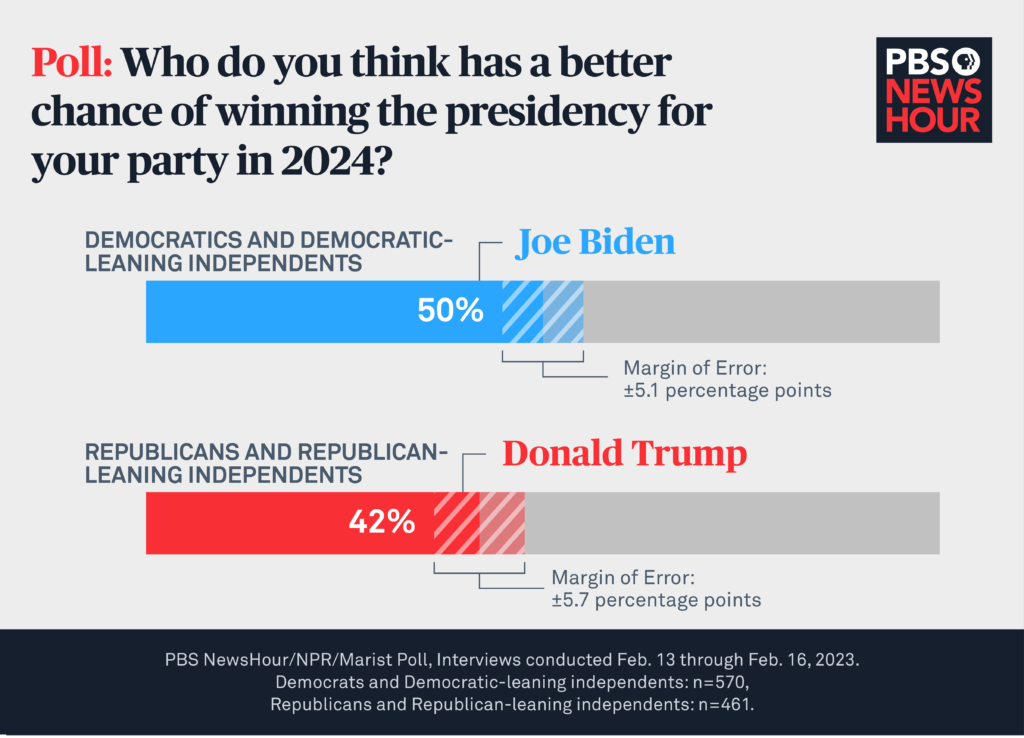Impact on Public Opinion

Presidential debates are often seen as pivotal moments in an election campaign, capable of shaping public opinion and influencing voter behavior. These events provide a platform for candidates to present their policies, engage in direct dialogue, and potentially sway undecided voters.
Potential Shifts in the Electorate
The impact of a debate on public opinion can be multifaceted, potentially leading to shifts in the electorate. One key area of influence is the perception of candidates’ competence and likability. A strong performance can boost a candidate’s image, while a poor performance can damage their standing.
- For example, in the 2016 US presidential election, the first debate between Hillary Clinton and Donald Trump was widely seen as a turning point in the campaign. Trump’s aggressive style and Clinton’s perceived lack of enthusiasm resonated with some voters, potentially contributing to his eventual victory.
- Another example is the 2020 US presidential election, where the first debate between Joe Biden and Donald Trump was highly contentious and marked by interruptions and personal attacks. This led to a significant drop in Trump’s approval ratings among some voters, potentially influencing the election’s outcome.
Undecided Voters and Swing States
Debates can also have a significant impact on undecided voters, who often make up a critical segment of the electorate in swing states. These voters are more likely to be swayed by a candidate’s performance in a debate, as they may still be forming their opinions.
- For instance, in the 2012 US presidential election, the first debate between Barack Obama and Mitt Romney was seen as a turning point for undecided voters in key swing states like Ohio and Florida. Obama’s strong performance in the debate helped him solidify his support among these voters and ultimately secure his re-election.
Voter Turnout
Debates can also influence voter turnout, particularly among voters who are less engaged or less informed about the election. A highly anticipated or controversial debate can generate media attention and public interest, potentially leading to increased voter turnout.
- In the 2016 US presidential election, the first debate between Hillary Clinton and Donald Trump was one of the most watched presidential debates in history, with over 84 million viewers. This high level of public interest likely contributed to increased voter turnout in the election.
Media Coverage and Public Discourse: Whos Winning In The Presidential Debate

The media plays a pivotal role in shaping public discourse surrounding presidential debates. Their portrayal of the event and the candidates significantly influences how the public perceives the debate and its implications.
Key Talking Points and Narratives
The media’s coverage of the debate often focuses on key talking points and narratives that emerge from the event. These narratives can be shaped by a variety of factors, including the candidates’ performance, the debate’s format, and the media’s own biases.
- Candidate Performance: Media outlets often focus on who “won” the debate, based on factors like perceived dominance, policy articulation, and emotional appeal. This can lead to narratives that favor one candidate over another, even if the debate itself was relatively balanced.
- Policy Issues: Specific policy issues that are highlighted in the debate can become central talking points in subsequent media coverage. This can influence public opinion by framing the candidates’ positions and highlighting specific concerns.
- Debate Format: The format of the debate can also shape the narratives that emerge. For example, a town hall format may emphasize the candidates’ ability to connect with voters, while a traditional format may focus on policy differences.
Social Media’s Impact, Whos winning in the presidential debate
Social media platforms have become increasingly influential in shaping public perception of presidential debates. Online platforms allow for real-time commentary, analysis, and dissemination of information, often amplifying certain narratives and perspectives.
- Real-Time Commentary: Social media platforms provide a space for immediate reactions to the debate, allowing users to share their opinions and engage in discussions with others. This can create a sense of immediacy and influence public perception.
- Amplification of Narratives: Social media can amplify certain narratives that emerge from the debate, particularly those that are emotionally charged or controversial. This can lead to the spread of misinformation and the creation of echo chambers.
- Trend-Setting: Social media trends can influence how the media covers the debate. For example, a trending hashtag related to a specific issue can prompt news outlets to focus on that topic in their coverage.
Whos winning in the presidential debate – The question of who’s winning in a presidential debate is often a matter of perspective. Some might be swayed by strong arguments, while others might focus on charisma or even just the appearance of confidence. It’s a fascinating study in human psychology, and one that’s worth exploring.
You can find more insights on this topic by visiting whos winning in the presidential debate – a website dedicated to analyzing the nuances of political discourse.
The presidential debate is a whirlwind of arguments and promises, but ultimately, it’s the voters who decide who wins. Who will sway the audience with their arguments and who will stumble under pressure? To understand how the debate will unfold, we need to consider the moderator, a crucial figure who sets the tone and ensures fairness.
Learn more about who is moderating the next presidential debate to gain insight into how the debate might play out. The moderator’s influence is undeniable, as they shape the flow of the conversation and highlight key issues, ultimately impacting how voters perceive each candidate’s performance.
